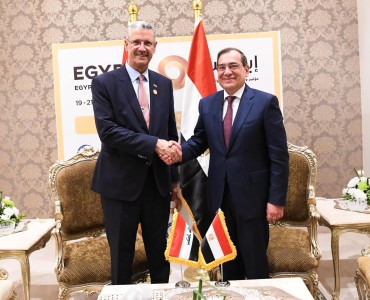Iran has achieved technical know-how for production of catalysts used by isomerization units of oil refineries, putting an end to the United States’ monopoly in the field.
Jalil Sobhani, managing director of Supplying Petrochemical Industries Parts, Equipments and Chemical Engineering Company (SPEC) was quoted by Iranian media as saying that before Iran’s achievement, the technical know-how for production of catalysts used by isomerization units of oil refineries and petrochemical plants was monopolized by the US.
“Now, Iran has achieved the technology needed to produce such catalysts, thus becoming the second country in the world in this regard,” he added.
Jalili noted that Iranian specialists have already produced 25 catalysts containing precious metals that are used by refinery and petrochemical industries of Iran, including the catalyst used to produce Euro-4 gasoline, which was previously only produced by a few countries in the US and Europe.
The official added that his company is ready to accept orders for the production of Euro-5 and Euro-6 gasoline catalysts.
The production line for oil industry catalysts has been made operational through Iranian private sector’s investment.
During the past decades, Iran has broken new grounds in all fields of technology, especially technological fields related to oil industry and biotechnology, as a result of which the country is currently a major rival for developing states.
In early June, Iran’s Petrochemical Research and Technology Company unveiled indigenized reverse osmosis water desalination technology, making Iran the fifth country in the world to have acquired the cutting-edge technical know-how.
According to a report by the company, the reverse osmosis desalination technique is totally based on domestic equipment and is used to remove unwanted minerals from water in various industries.
Before its unveiling in Iran, this state-of-the-art technology was monopolized by four countries, including the United States, Germany, South Korea and Japan.
In early May, an official at the Iranian Ministry of Health said the Islamic Republic has become a producer of some recombinant drugs, which were previously produced by a few developed countries, thus ending their monopoly in the field.
On April 26, Iranian media reported that the country’s researchers have produced a nano-drug, which has proven effective in battling treatment-resistant cancers.
The polymer-based nanocarrier was produced by the Cancer Research Center of Tehran University of Medical Sciences for the targeted release of the anti-cancer drug, curcumin, which is found in turmeric, and has anti-cancer and cancer preventing properties apart from its anti-oxidant and anti-inflammatory properties.
Source: Press TV












